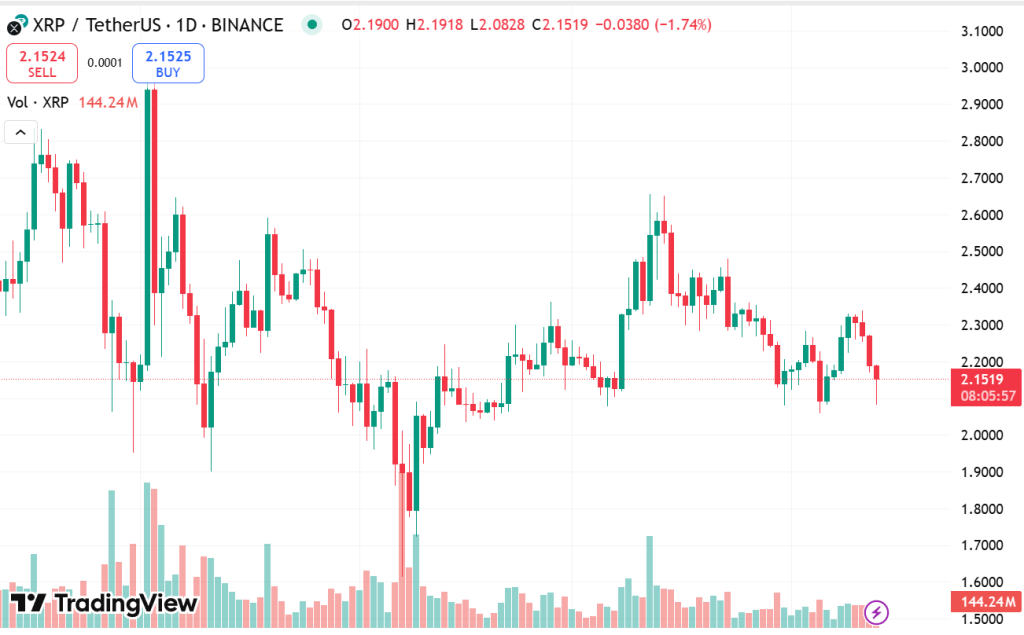TOPSHOT – Activists from climate group Fridays for Future shout slogans and march during a Global … [+]
AFP via Getty Images
Do you feel safe? How do you perceive risk? Do you feel at risk from climate change? These are some of the questions that a massive new global study by the Lloyd’s Register Foundation and Gallup surveyed 120,000 people across 121 countries to find out. This Earth Day, their findings on perceptions of risk from climate change are especially salient.
Using local teams and survey techniques to ascertain authentic answers, Lloyd’s and Gallup found a wide range of fascinating information about how safe people really feel across the globe, and why.
In this study, called “A Resilient World?,” they explored how safe people feel in their homes, communities, countries and in society at large, sometimes employing strategies such as questioning men and women in separate rooms at the same time to enable women to speak freely and confidentially.
Sarah Cumbers, Ph.D., Lloyd’s Register Foundation
Sarah Cumbers, Ph.D.
In an exclusive, in-depth interview about the World Risk Poll’s findings on Electric Ladies Podcast recently, Dr. Sarah Cumbers, Director of Evidence and Insight at Lloyd’s Register Foundation who led the survey, explained that they could ascertain some sense of the how the interviewees are perceiving “risk” and “safety” based on the contexts of their lives. “The 2019 poll included a question about the meaning of the word risk. And we know that people around the world interpret that word differently and to some risk is about opportunity and for some it’s about harm…it will just depend on the context, ” Cumbers said.
“We’re (Lloyd’s Register Foundation) a global safety charity. We’ve got a mission to make the world a safer place, and we invest in research and education and, and innovation programs around the world that impact on the safety of life and property,” Cumbers said. “And that’s why we commissioned this poll, because we wanted to understand how people around the world think about their risk and safety and how they experience different risks.”
Clarifying “risk”
JANUARY 29: Nuclear hazard signs are seen in the village of Kopachi on January 29, 2006 in … [+]
Getty Images
Because we all think of “risk” and “safety” and “resilience” differently, Lloyd’s and Gallup chose to let the respondent’s perceptions prevail, and put their responses into the context of their lives. “We’ll record the sex of the respondent, their income, their educational status, where they live, whether it’s rural or urban. And so, we can start to look at the data in a really granular fashion to understand what are the factors that are driving, for example, whether people think about risk as opportunity, or harm.”
They also drilled down to explore the respondents’ daily lives. “One of the most ambitious questions that we ask in the poll,” Cumbers said, “is ‘what’s the greatest source of risk to your safety in your daily life?’ And so, you can see that with the framing there, you introduce the concept of risk and it being about, you know, risk to safety and in daily life. But then you let the respondent interpret that in their own context and, and give their response.”
“One of the great things about this data set, that it can be used in a very granular fashion, by all kinds of agencies, you know, civil society, policy makers, academics, et cetera, governments,” Cumbers added, so they sought to gather data that could be used at all levels.
Screenshot – Lloyd’s Register risk poll, climate & education & personal experience chart. … [+]
Screenshot, Lloyd’s Register Foundation website
Here are four key findings related to climate change (you can find the full summary here):
· Women are more concerned about climate change in high-income countries: “We need to look at those granular differences at the country level, and particularly actually when it comes to climate change, it’s country income that has an impact,” Cumbers explained, “So, women tend to be more worried about it than men in high income countries, but in low income countries it’s the reverse.” These findings align with a recent study on the U.S. from the Yale Center for Climate Communications that women in the U.S. are more likely than men – 59% to 52% – “to be either Alarmed or Concerned about global warming.”
· People who have experienced natural disasters are more likely to view climate change as a “very or serious threat”: “Research shows that experience of severe weather is a driver of people’s concern about climate change,” Cumbers explained. “So, people are more likely to understand, particularly if they don’t have high levels of education, the concept of severe weather, because it’s something tangible to them, it’s something they’ve experienced, whereas climate change is quite an abstract construct.”
(Photo by John Moore/Getty Images)
Getty Images
· Communication around climate change needs to be personal – and simplified: Building on the point that personal experiences with natural disasters increases climate change awareness, Cumbers emphasized keeping it personal. She said, “that gives climate change communicators a really important tool to be able to connect with people around the world, regardless of their income status, regardless of their level of education, to actually tap into people’s increasing experience with severe weather and to make that link then with the changing climate. And then you can start to build action strategies on top of that In terms of building resilience, in terms of early warning, early action.”
Their research also found that communication needs to be simplified to get across, adding that, “Learning around climate change, communication and using clear and simple language.”
· Take “a granular approach to resilience”: “If you look at resilience, the key learning really is about taking a granular approach to resilience,” Cumbers reflected. “Unless you really understand the context of community that you are wanting to support, you are going to fail to have an impact and build resilience.”
Screenshot – Lloyd’s Register Resilience Index lrfoundation.org.uk
Screenshot – lrfoundation.org.uk
They also developed the Resilience Index, which their brochure describes as: “an exploratory approach towards creating an indicator of how well-equipped people are to handle adversity based on their personal circumstances and perceptions of support.”
Focused on taking action
The researchers’ hope, Cumbers summarized, is that their data is used to make an impact, to improve people’s lives.
“We want data that that is actually going to drive impact. So, we always ask, ‘and what would you do with it? And what consequence would it have and how would it change things? And how would it actually make the world safer on the ground? What’s the impact on people going to be?’ “
To that end, they invited proposals for “turning the World Risk Poll into action.”
Listen to the full interview with Dr. Sarah Cumbers on Electric Ladies Podcast here.
Credit: Source link











